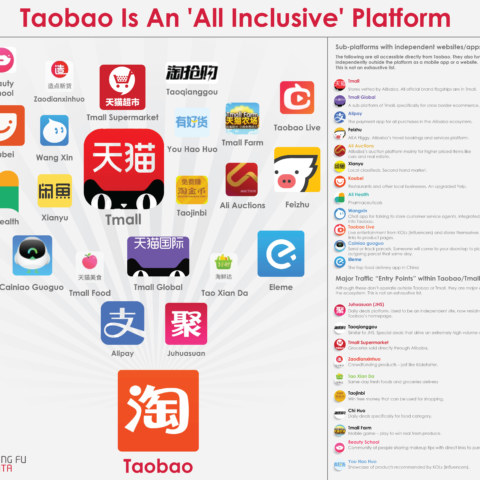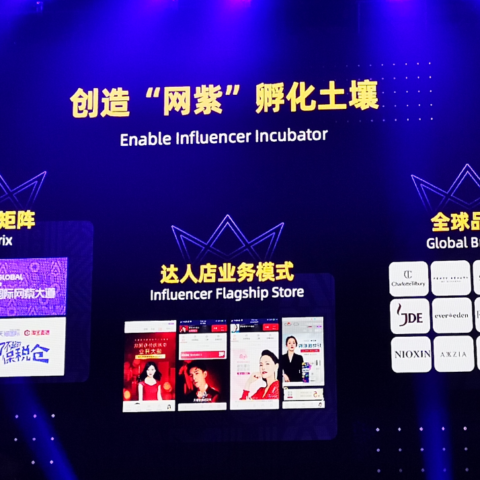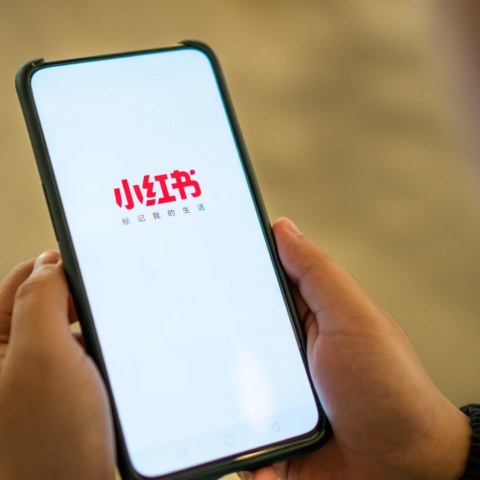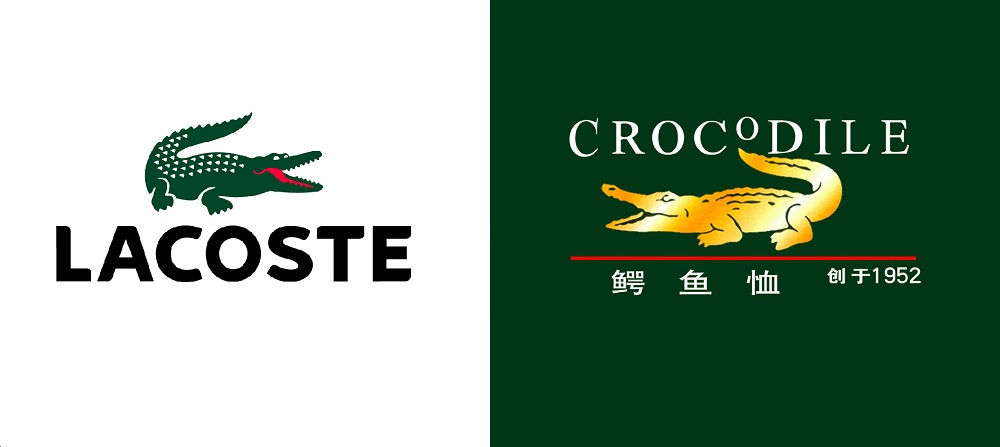Naming your brand in China. Verbal Identity in the Chinese Market
The originality for Western brands is that they may come with a portfolio of brands that are still not being used in China. This allows them to immediately have own their space, but as a distinctly foreign brand, this space is alien and enigmatic for Chinese customers, inherently undefined. The Chinese name that connects with local customers is still to be created.
In countries like China, where there is a distinctive culture and also a hyper-competitive environment, there is a very frequent need for localization. Chinese brand naming is at the center of this localization, and will play a similar role in the naming of a brand in its infancy as described above. It is a new start for the brand.
Chinese names are now a must for international brands in China. Even the most historical “value-by-international” brands (i.e. Louis Vuitton, now 路易威登) adopt localized structures and there are six reasons for this need:
- Chinese consumers are increasingly using Chinese brand names when looking for brand information.
- If a company doesn’t give its brand a Chinese name, someone else will (clients, competitors, distributor, and counterfeiters).
- A Chinese name allows a brand to better build and maintain brand equity.
- A Chinese name, if well developed, can make the verbal identity linguistically appealing and tempting to the target market.
- The Chinese brand name is the local embodiment of the brand’s culture, values, personality, and vision. This is achieving a form of localization for the brand that helps it succeed.
- Finally, the exoticism of foreign names that used to appeal Chinese consumer is balanced by the risk of being perceived as a giant international brand that is distant from the Chinese consumer.
Leave a Comment
































